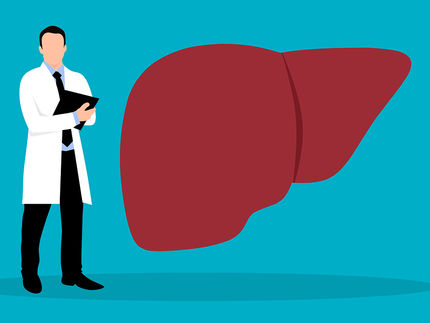Innogenetics reports significantly improved liver fibrosis in hepatitis C patients after 3 years of therapeutic vaccination
Advertisement
Gent. Innogenetics announced the 3-year histology data of its ongoing phase 2a study in hepatitis C (HCV) patients, which started in early 2001. After 4 courses of HCV E1-based therapeutic vaccine injections given over a 3-year period in 23 patients, liver fibrosis on average showed significant improvement compared to baseline.
In October 2002, positive histological results were communicated on 24 patients who underwent two vaccination courses followed by liver biopsy. Since then, 24 patients received two further courses of HCV E1-based vaccination over an additional 1.5-year period and 23 patients recently underwent a third liver biopsy. These biopsies have now been analyzed by two expert pathologists, and compared with the baseline biopsy taken 3 years earlier. Histological scoring was performed under strict procedures of blinding.
The key finding that has now emerged is a regression (improvement) of liver fibrosis averaging minus 0.43 points (95% confidence interval [-0.82, -0.05]) on the Ishak fibrosis scale. This result constitutes a significant decrease (p = 0.044) from baseline. No less than 87% (20/23) of the patients either improved (10/23) or remained stable (10/23) in their Ishak liver fibrosis score. This group of patients (mean age at entry 53 years, HCV genotype 1, with active liver disease) were, for the most part, non-responders to previous interferon-based therapy. Such patients would be expected to show a marked progression in liver fibrosis of about + 0.60 to about + 0.99 points on average, as reported in different studies describing the natural fibrosis progression in hepatitis C patients. The present results therefore extend and confirm the previously reported phase 2a results.
According to Professor Dr. F. Nevens (University of Leuven - KUL), the Principal Investigator of this clinical study, "These 3-year study results now show that HCV E1 vaccination was very well tolerated, and suggest that such treatment not only halts disease progression towards liver cirrhosis, but also results in fibrosis regression over the longer term."
Philippe Archinard, CEO of Innogenetics commented: "These very positive 3-year histology results further strengthen and confirm the previous positive trends already observed with our E1 candidate therapeutic vaccine, and this mostly in patients who failed to respond to current standard therapy. These data will certainly lead Innogenetics to vigorously pursue the development of this HCV E1 candidate vaccine in particular, and encourage us to further expand our therapeutic vaccine program in general."
























































